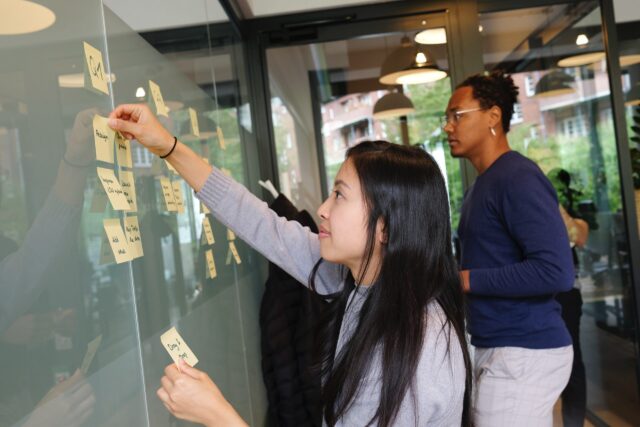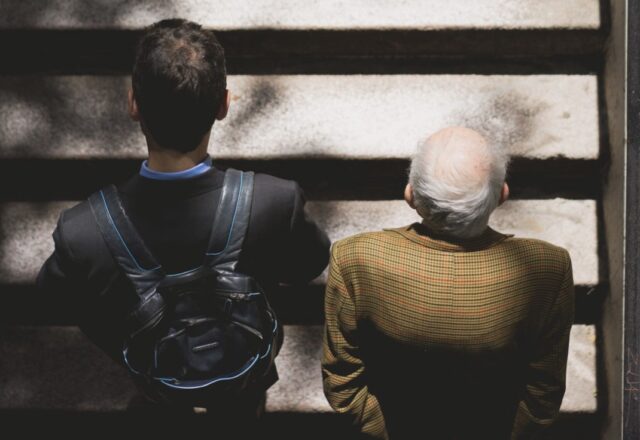Boulu-Reshef, B., & Schulhofer-Wohl, J. (2019). Social distance and parochial altruism: An experimental study. HAL, 1-11. hal-02135633f. DOI: 10.13140/RG.2.2.35568.20485
Background & Theory
This article examines a potential cause of intergroup conflict through a study examining different groups and how social distance may influence parochial altruism. For the purpose of this article, parochial altruism is “defined as individual sacrifice to benefit the in-group and harm an out-group” (Boulu-Reshef & Schulhofer-Wohl, 2019, p. 1).
Research Questions
Boulu-Reshef and Schulhofer-Wohl address the following questions:
- How does social distance affect parochial altruism?
- How does this ultimately affect intergroup dynamics and intergroup conflict?
Methods
The authors conducted their research by gathering together 294 participants (all undergraduate students, both male and female). They used a minimal group paradigm by splitting participants into two groups and used a IPD-MD, or intergroup prisoner’s dilemma-maximizing difference scenario. This is a competitive role-play between two groups, where they are all provided “currency” and need to determine where to allocate it. In this case, participants were given 10 “currencies,” and could either keep it, give some to their own group, or share it between groups. The added focus here was on social distance, so participants in the test group were provided basic details on those in the outgroup (such as their general location, their age, and their sex). Data were compiled into tables and comparisons were made between the test group and the group without the social distance factor. Percentages were also evaluated of each members’ parochial and/or altruistic tendencies.
Results
The results show that in both the test and baseline group, most currency was kept by individuals, with the second-highest amount being kept ingroup, and the lowest amount was shared between groups. Social distance was shown to certainly play a factor. It impacted one’s likelihood to share with both the ingroup and outgroup depending on whether closer or farther; when close to the ingroup and far from the outgroup, it was less likely that one would share between groups. If one was far from both ingroup and outgroup members, the contribution overall is higher for both ingroup and outgroup, but it is significantly higher for the ingroup. Overall, the researchers conclude that when there is less of a distance perceived between groups, there is an increase in self-serving behavior (i.e., keeping the currency for oneself), and when one either feels close to or threatened by the outgroup (which may be largely impacted by one’s physical proximity to the outgroup), this would impact their likelihood to engage in parochial altruism.
What This Means
- Intergroup conflict may be particularly affected by social distance. Studies have been widely conducted on close proximity, but this study shows the effects that high social distance may have.
- Social distance and parochial altruism also have the ability to cause intergroup conflict; for instance, if one feels threatened by the outgroup based on their distance from one or both groups and acts accordingly (as a representative of their ingroup), it can add to or create tension.
Final Takeaway
For consultants: This information may be helpful in preventing or resolving intergroup conflict, especially in regions. For instance, if one is acting on behalf of their ingroup, but is socially distant from them and the outgroup and this adds to tension, perhaps finding ways to strengthen their ingroup identity while also engaging with the outgroup may be helpful in resolving conflict.
For everyone: Consider ways to engage with both those you closely identify with, as well as those you don’t. Studies continue to show that this may help resolve conflict in your life.




